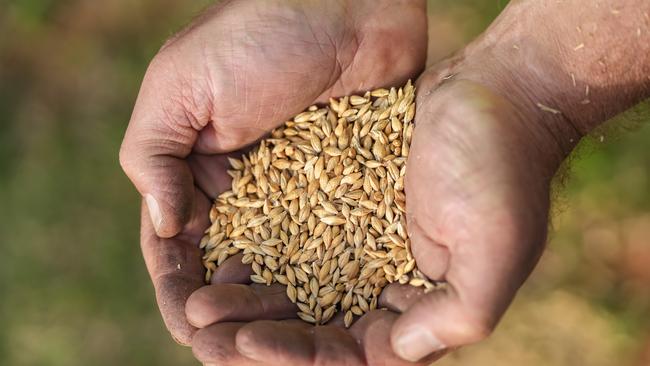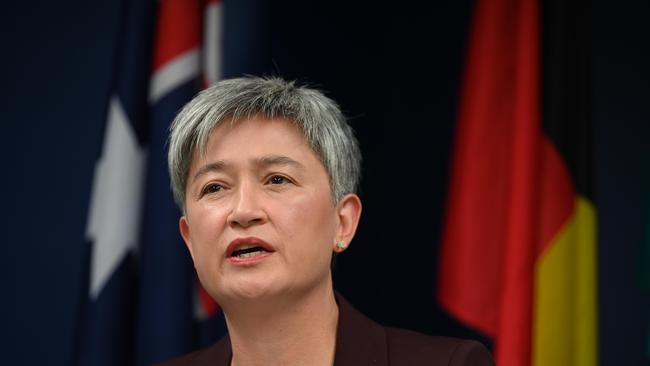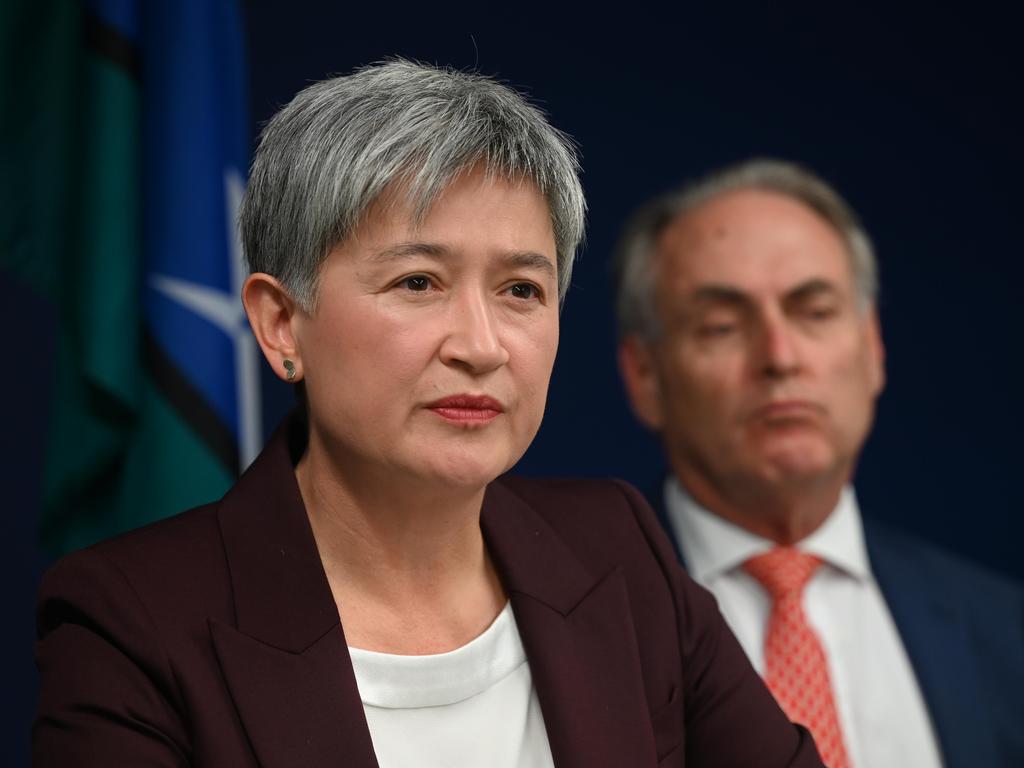Lifting of Beijing barley ban welcome if still qualified


The World Trade Organisation panel was just about to announce a judgment that was entirely critical of Beijing.
It seems both Canberra and Beijing have in fact received copies of the judgment.
The Albanese government agreed to suspend its WTO action in exchange for Beijing holding a three-month expedited review of its ludicrous trade restrictions.
If Beijing doesn’t then drop the trade embargo, Canberra will resume the WTO action.
It would have been a mistake for the Albanese government to drop the WTO action altogether but suspending it makes sense.
China doesn’t fear adverse findings by the WTO, which has no enforcement mechanisms.
Indeed, under the WTO’s labyrinthine procedures, after formally receiving the judgment, Beijing would still have a year or more to respond.

The judgment would be circulated to all WTO members, which effectively means it would be made public. Then, if it wished, Beijing could take a long time to consider its response. Then it could appeal, and that could take another 12 months.
Only if that subsequent appeal was lost would the dispute enter a compliance phase, and that too would be essentially toothless.
Nonetheless, in the midst of its new charm offensive, Beijing would apparently prefer not to suffer the reputational damage that would come from an adverse WTO finding.
So in three or four months it will presumably lift all restrictions. This would certainly be a faster outcome than if the WTO process went the distance.
Meanwhile, Australia’s WTO action against China’s restrictions of our wine exports proceeds.
All the other trade restrictions Beijing has imposed on Australia, including some coal exports, copper, lobster, timber and a few others, were administrative actions rather than formal measures.
These restrictions, by the way, demonstrate the lawlessness of Chinese trade policy.
Despite its WTO commitments, despite its free-trade agreement with Australia, Beijing simply imposed these various trade embargoes because it disagreed with unrelated elements of Australian national policy.
The fact Beijing is pulling back from all this, for the moment at least, is welcome, and the Albanese government deserves credit for the way it has managed the China relationship.
However, the changed Beijing tone has almost nothing to do with subtle or effective Australian trade craft and almost everything to do with Beijing’s own internal geo-strategic calculations. For the moment, Beijing has mostly retired its wolf-warrior diplomatic style.
It has embarked, instead, on a new charm offensive with most nations, except the US and Japan.

The arrival in Australia on Wednesday of the Chinese Vice-Foreign Minister, Ma Zhaoxu, the first visit of this seniority in six years, is evidence of this.
Nothing of real substance in Chinese policy has changed, however, as the extreme Chinese military posturing around the island of Taiwan, and the continuing rapid Chinese military build-up, demonstrate.
But Beijing has decided, at least for the moment, to present a kindlier public face.
It also wants to join the Comprehensive and Progressive Agreement for Trans-Pacific Partnership trade agreement.
And it knows it can’t do this while it has active trade restrictions against any existing TPP member.
That would be Australia.
So we should welcome the end of these trade restrictions but realise that they change no underlying reality, they speak very little of our own influence, and their reassuring quality for the future is extremely limited.
Nonetheless, good news, however qualified, is welcome.







That China has apparently decided to lift its completely unjustified ban on the import of Australian barley is good news, if delivered, of course, in a roundabout way.